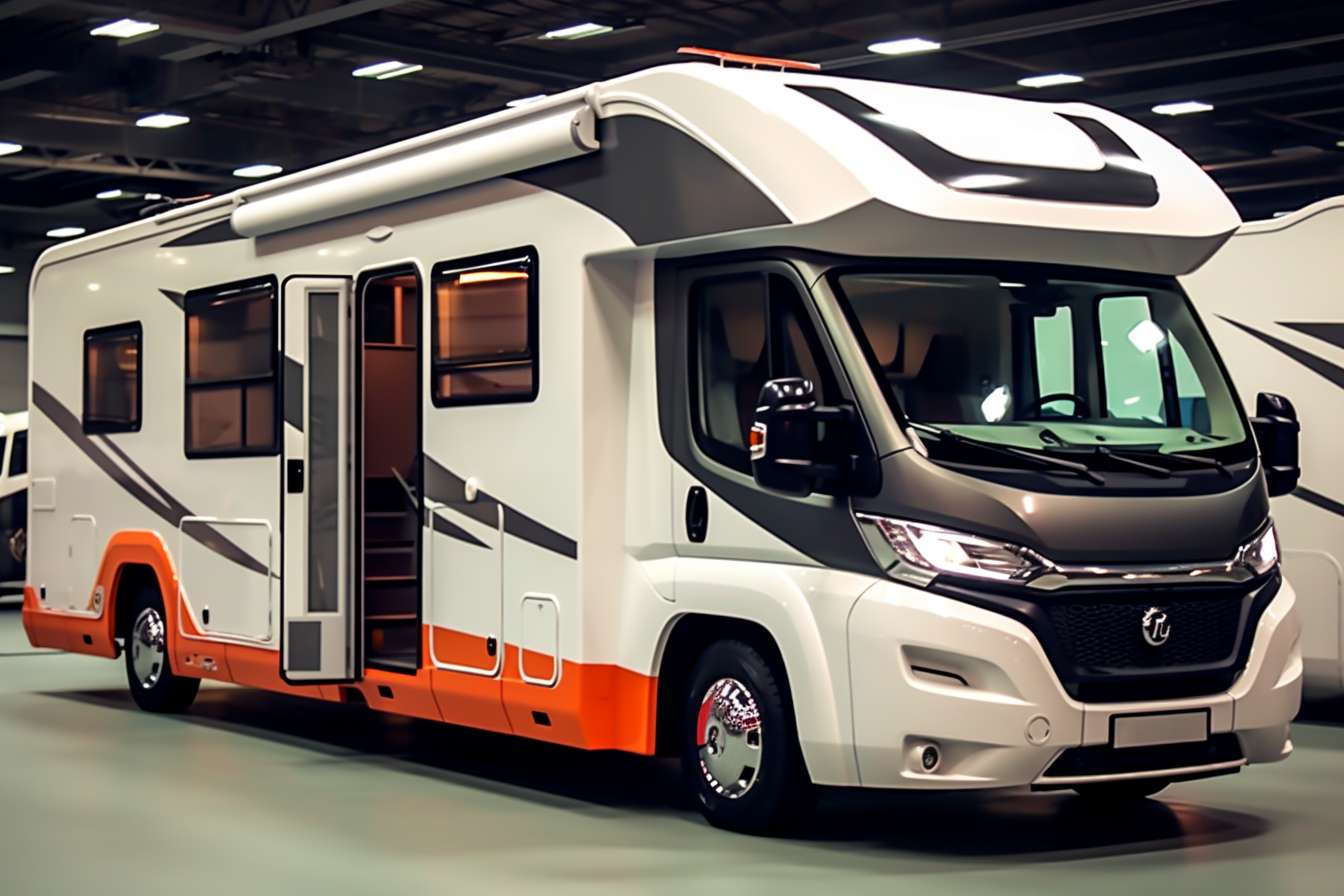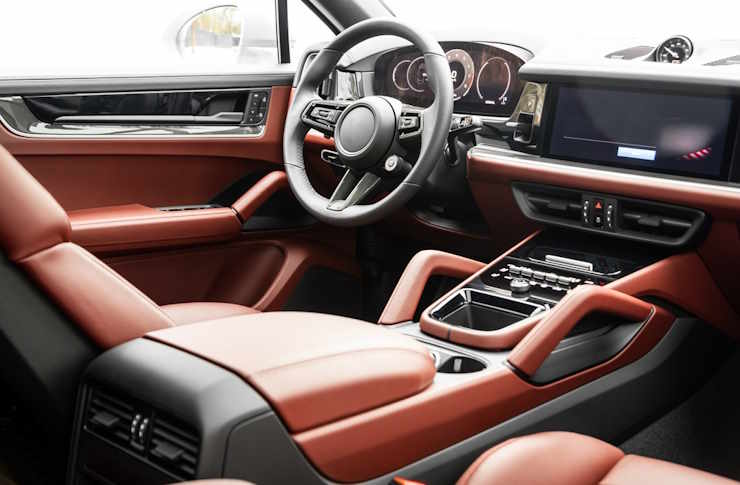Discover the World of RVs, Campers and Motorhomes
RVs campers and motorhomes are special vehicles that let people explore new places while having many of the comforts of home on the road. From tiny trailers to big motorhomes learn how these vehicles work what makes them different and the kinds of trips you can enjoy with them.

Discover the World of RVs, Campers and Motorhomes
Recreational vehicles represent a significant shift in how people approach travel and temporary living arrangements. These mobile homes on wheels have evolved from basic camping trailers to sophisticated living spaces equipped with modern amenities. The market offers various configurations designed to meet different needs, budgets, and travel preferences.
Essential RV Travel Tips for Beginners
Successful recreational vehicle travel requires careful preparation and understanding of fundamental practices. Route planning becomes crucial when driving larger vehicles, as bridge heights, weight restrictions, and narrow roads can pose challenges. Experienced travelers recommend checking campground availability in advance, especially during peak seasons, and maintaining detailed checklists for departure and arrival procedures.
Water management stands as a critical skill for extended trips. Understanding fresh water capacity, gray water disposal, and black water tank maintenance prevents unpleasant situations and ensures compliance with environmental regulations. Additionally, learning basic mechanical troubleshooting can save both time and money when minor issues arise on the road.
Understanding Different Motorhome Types
Motorhomes fall into three primary classifications, each offering distinct advantages and limitations. Class A motorhomes represent the largest category, built on heavy-duty chassis with spacious interiors resembling luxury apartments. These units typically range from 26 to 45 feet in length and provide maximum living space and amenities.
Class B motorhomes, often called camper vans, offer the most maneuverability and fuel efficiency. Built on standard van chassis, these compact units sacrifice space for convenience and easier driving. Class C motorhomes provide a middle ground, featuring a distinctive over-cab sleeping area and moderate size that balances comfort with drivability.
Key Camper Features to Consider
Modern campers incorporate numerous features designed to enhance comfort and functionality during extended stays. Kitchen facilities vary significantly, from basic cooktops and mini-refrigerators to full-size appliances with convection ovens and residential refrigerators. Bathroom configurations range from compact wet baths to separate shower and toilet areas with porcelain fixtures.
Sleeping arrangements deserve careful consideration based on intended occupancy. Some units feature convertible dinettes and sofas, while others provide dedicated bedrooms with queen or king-size beds. Storage solutions, including exterior compartments and interior cabinetry, significantly impact long-term livability and organization.
Comprehensive RV Lifestyle Guide
Transitioning to recreational vehicle living requires adjustments in daily routines and expectations. Space optimization becomes essential, necessitating careful selection of possessions and efficient organization systems. Many full-time residents develop minimalist approaches to belongings while maximizing multi-functional items.
Social aspects of the lifestyle often surprise newcomers. Campgrounds and RV parks foster communities where travelers share experiences, recommendations, and assistance. Online forums and social media groups provide valuable resources for troubleshooting, route suggestions, and connecting with like-minded individuals.
Strategic Road Trip Planning
Effective trip planning extends beyond selecting destinations to encompass practical considerations unique to recreational vehicle travel. Fuel stops require advance research, as larger vehicles need stations with adequate clearance and turning radius. Weather monitoring becomes more critical when towing or driving high-profile vehicles susceptible to crosswinds.
Campground reservations should account for vehicle specifications, including length, height, and slide-out requirements. State and national park systems often have size restrictions and limited availability for larger units. Private campgrounds typically offer more amenities but at higher costs.
| RV Type | Price Range | Key Features | Ideal For |
|---|---|---|---|
| Class A Motorhome | $100,000-$500,000+ | Maximum space, luxury amenities | Full-time living, extended trips |
| Class B Camper Van | $60,000-$200,000 | Fuel efficient, easy parking | Weekend trips, urban camping |
| Class C Motorhome | $70,000-$300,000 | Balanced size, over-cab bed | Family travel, moderate trips |
| Travel Trailer | $15,000-$100,000 | Towable, detached vehicle use | Seasonal camping, budget-conscious |
| Fifth Wheel | $30,000-$200,000 | Spacious, stable towing | Extended stays, large families |
Prices, rates, or cost estimates mentioned in this article are based on the latest available information but may change over time. Independent research is advised before making financial decisions.
The recreational vehicle market continues expanding as more people discover the freedom and flexibility these mobile homes provide. Whether seeking weekend getaways or full-time alternative living arrangements, understanding the various options, features, and requirements helps ensure successful and enjoyable experiences on the road.




